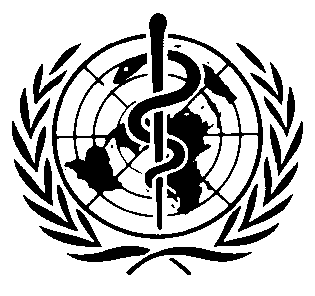International Chemical Safety Cards
| BROMOCHLOROMETHANE | ICSC: 0392 |




Methylene chlorobromide CH2BrCl Molecular mass: 129.4 
 ICSC # 0392
ICSC # 0392CAS # 74-97-5 RTECS # PA5250000 UN # 1887 October 23, 1995 Peer reviewed |
| TYPES OF HAZARD/ EXPOSURE | ACUTE HAZARDS/ SYMPTOMS | PREVENTION |
FIRST AID/ FIRE FIGHTING |
| FIRE |
Not combustible.
|
|
In case of fire in the surroundings: all extinguishing agents allowed.
|
| EXPLOSION |
|
|
Fire fighters should wear self-contained breathing apparatus.
|
| EXPOSURE |
|
PREVENT GENERATION OF MISTS!
|
|
| •INHALATION |
Dizziness.
Drowsiness.
Headache.
Nausea.
Unconsciousness.
|
Ventilation, local exhaust, or breathing protection.
|
Fresh air, rest.
Half-upright position.
Artificial respiration if indicated.
Refer for medical attention.
|
| •SKIN |
Dry skin.
Redness.
|
Protective gloves.
|
Remove contaminated clothes.
Rinse skin with plenty of water or shower.
|
| •EYES |
Redness.
|
Safety spectacles,
or eye protection in combination with breathing protection.
|
First rinse with plenty of water for several minutes (remove contact lenses if easily possible), then take to a doctor.
|
| •INGESTION |
(Further see Inhalation).
|
Do not eat, drink, or smoke during work.
|
Do NOT induce vomiting.
Refer for medical attention.
|
| SPILLAGE DISPOSAL | STORAGE | PACKAGING & LABELLING | ||
|
Collect leaking liquid in sealable containers.
Absorb remaining liquid in sand or inert absorbent and remove to safe place.
Do NOT wash away into sewer,
then remove to safe place.
(Extra personal protection: A filter for organic vapours.
|
Separated from
food and feedstuffs.
Dry.
Ventilation along the floor.
|
Do not transport with food and feedstuffs.
R: S: UN Hazard Class: 6.1 UN Packing Group: III |
||
| SEE IMPORTANT INFORMATION ON BACK | ||||
|
||||